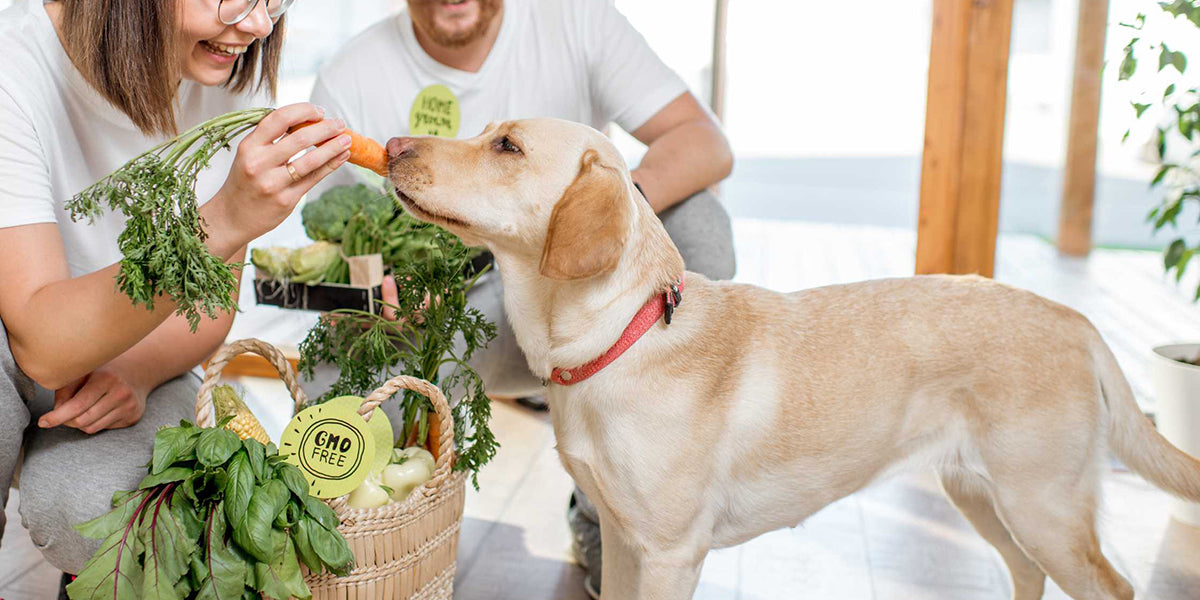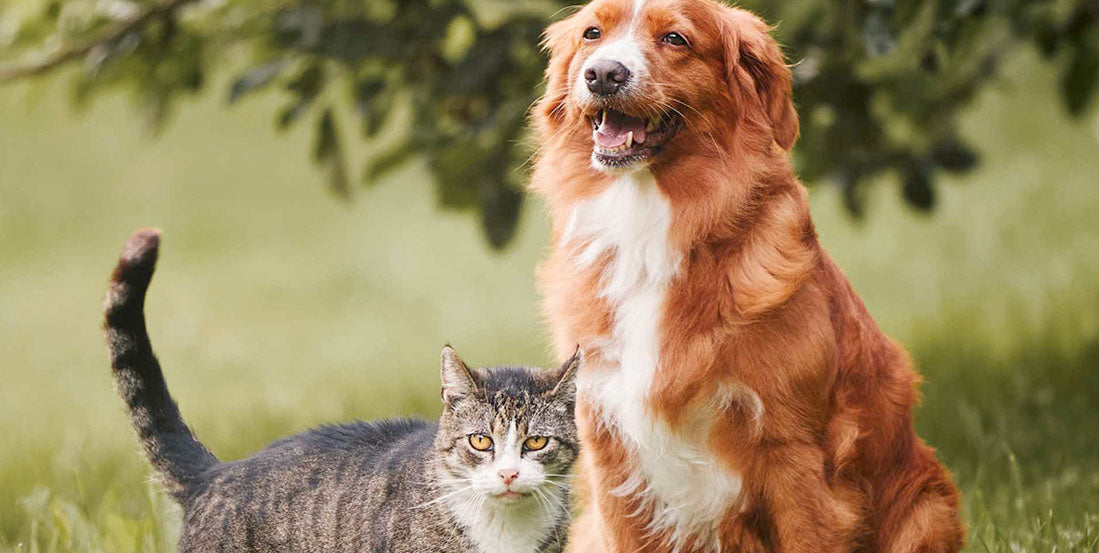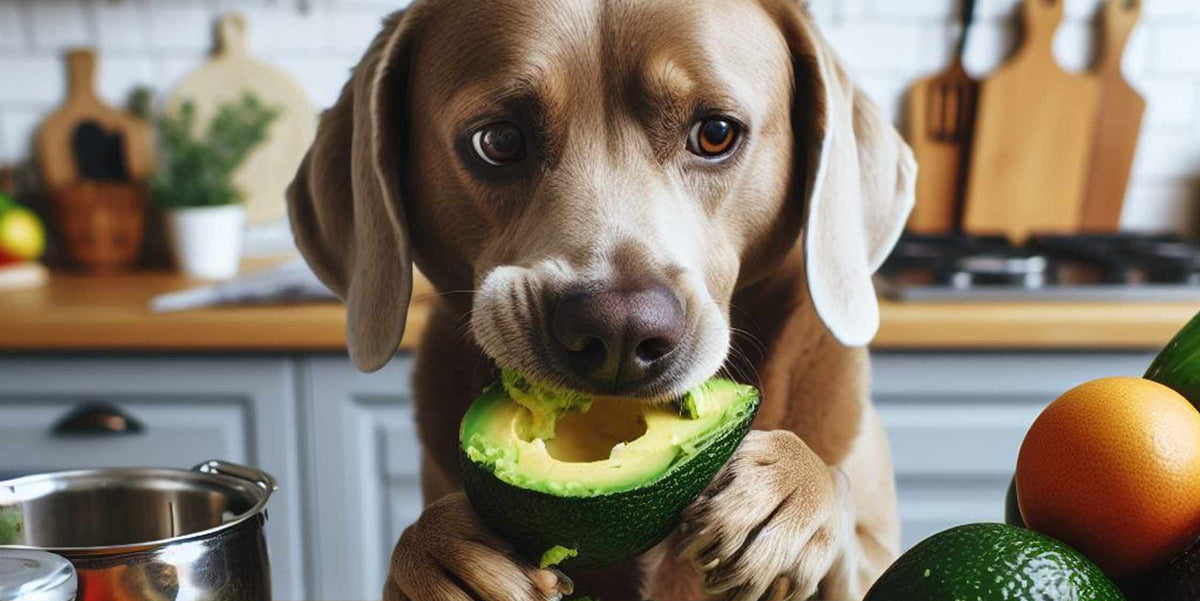Natural pet food and holistic pet care take the lead! In recent years, there has been a noticeable shift in how younger generations approach the care of their pets. Gone are the days when simply providing food and shelter was considered adequate.
This evolution is transforming the landscape of pet food and supplements, emphasising natural, fresh, and human-grade ingredients over traditional kibble and ultra-processed options.
One of the most significant changes is in the realm of nutrition. Millennials and Gen Z pet owners are increasingly aware of the impact of diet on their fur baby’s health. Just as they prioritise fresh, whole foods for themselves, they are extending this philosophy to their pets. Instead of relying solely on conventional kibble, they seek out healthier alternatives such as raw or gently cooked meals, mimicking a more natural diet closer to what their ancestors consumed.
Shift to Natural Pet Food and Supplements
Several factors contribute to driving the shift towards prioritising the health of pets among younger generations:
Increased Awareness
With access to vast amounts of information through the internet and social media, younger generations are more informed about pet health and nutrition than ever before. They understand the importance of proper diet and care in promoting longevity and overall well-being for their pets.
Lack of Regulation
Many pet owners are becoming increasingly aware that the pet food industry is relatively unregulated compared to the human food industry. This lack of oversight means that pet food manufacturers have more leeway in terms of ingredient sourcing, processing methods, and labelling practices.
Humanisation of Pets
The trend of humanising pets is becoming increasingly prevalent. Pets are no longer seen as mere animals but as cherished companions deserving of love, attention, and even pampering. This humanisation leads pet owners to extend the same level of care and attention to their pets' health as they do to their own.
Health Consciousness
Millennials and Gen Z are generally more health-conscious than previous generations. They prioritise natural and organic products for themselves and seek similar options for their pets, recognising the impact of diet on overall health.

Concerns About Commercial Pet Foods
Increased scrutiny of the pet food industry, including recalls and controversies over ingredients, has led to a growing distrust of conventional pet foods. Pet owners are seeking alternatives that offer greater transparency and higher quality ingredients.
Pet owners are also questioning the marketing claims of ultra-processed pet foods, realising they may not offer optimal nutrition due to nutrient loss during processing and synthetic additives. Understanding the impact of processing methods, such as high heat, they seek alternatives prioritising whole, high-quality ingredients for better pet nutrition.
Access to Information
Younger generations have greater access to alternative pet care options, including raw diets, natural supplements, and holistic treatments. This access allows them to make more informed choices about their pets' health and well-being.
Desire for Personalisation
Younger generations value personalised experiences, and this extends to their pets. They seek out tailored nutrition plans and customised products that meet their pets' individual needs and preferences.
This shift towards fresher, less processed options is driven by a desire to provide pets with optimal nutrition and minimise exposure to potentially harmful additives and preservatives found in many commercial pet foods. Moreover, younger pet owners are turning to natural supplements to address specific health concerns and boost overall well-being. From omega-3 fatty acids for shiny coats to joint supplements for ageing pets, these supplements offer targeted support without the risks associated with certain medications.
Today, there's a growing trend of treating pets as valued family members, prioritising their health and well-being in ways akin to how they care for themselves. |
This cultural shift is also driving innovation in the pet industry, with companies like PetWell responding to the demand for high-quality, natural products. From human-grade ingredients to subscription services delivering fresh, customised meals tailored to pets' dietary needs. There's a growing market for premium pet products that align with the values of health-conscious consumers.
The Impact of Ultra-Processing on Pet Food Quality
Even the best quality ingredients can undergo significant changes when subjected to the ultra-processing methods commonly used in the production of kibble.
Nutrient Loss
High-heat processing methods, such as extrusion, used in the production of kibble can lead to the degradation of sensitive nutrients. Heat-sensitive vitamins and enzymes, including certain B vitamins and amino acids, can be denatured, or destroyed during the intense heat and pressure of the manufacturing process. This can result in a loss of nutritional value in the final product.
Formation of Harmful Compounds
The high temperatures and pressures involved in extrusion can also lead to the formation of harmful compounds. Maillard reactions, which occur between amino acids and reducing sugars at high temperatures, can produce carcinogens and other toxic substances. Additionally, the oxidation of fats and proteins during processing can result in the formation of free radicals, which have been linked to oxidative stress and inflammation in the body.
Addition of Synthetic Nutrients
To compensate for the loss of natural nutrients during processing, many manufacturers add synthetic vitamins and minerals to the final product. While these additives may help meet the minimum nutritional requirements for pets, they may not be as readily absorbed or utilised by the body as the natural forms found in whole foods.
The ultra-processing methods used in the production of kibble can have significant implications for the nutritional quality, palatability, and safety of the final product, even when starting with high-quality ingredients. This is why pet owners who prioritise their pets' health often seek out alternatives that involve minimal processing and use whole, fresh ingredients to ensure their pets receive the highest quality nutrition possible.
In Summary
The younger generations prioritisation of their pets' health reflects a broader cultural shift towards mindful living and conscious consumption. By opting for fresh, natural foods and supplements, and humanising their pets' care, they are reshaping the landscape of pet food and supplements, driving demand for higher quality, more nutritious options.
As this trend continues to gain momentum, it's evident that the future of pet care lies in prioritising the well-being of our furry companions as we would our own.
Disclaimer
The entire contents of this email and website are not to be taken as medical advice. PetWell encourages you to make your own pet healthcare decisions based on your research and in partnership with a qualified pet healthcare professional.

















